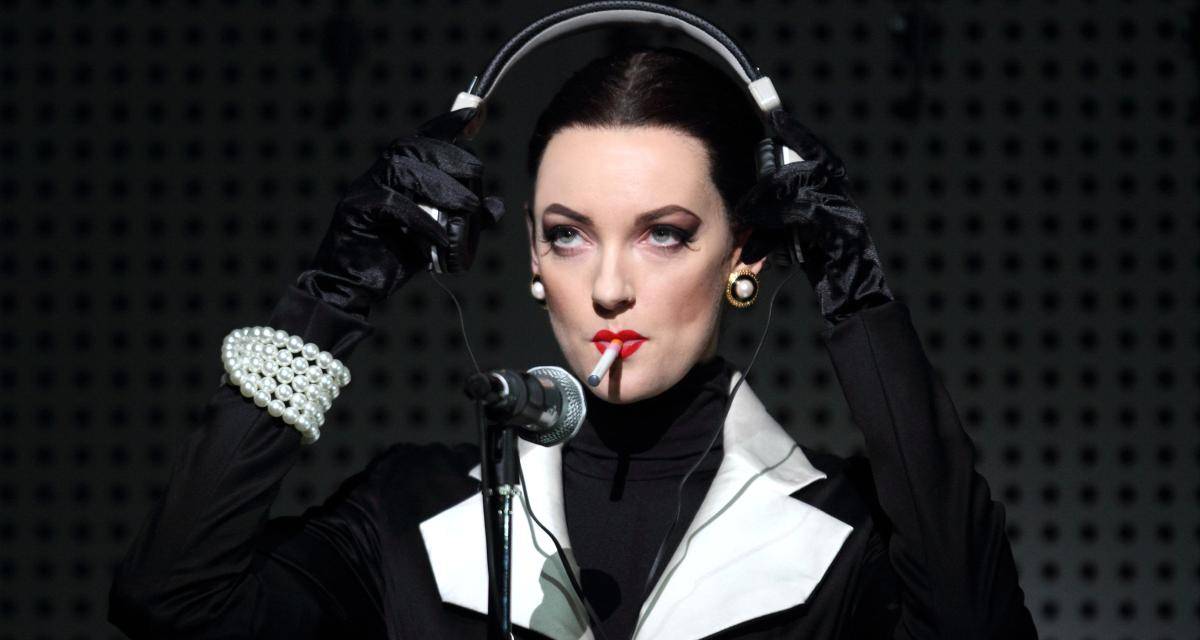Based on the 1950 film of the same name by Jean Cocteau, Philip Glass’s 1993 opera about a poet in search of immortality is the final instalment in the English National Opera’s (ENO) Orpheus season, following the myth of Orpheus through the ages.
Originally sung in French, this new production uses a updated English translation by Netia Jones, the show’s director, and librettist Emma Jenkins. This text is distinctly modern and raises a few laughs.
The set is monochrome and spare, using black-and-white projections that include clips of Cocteau’s film, slowly moving furniture and shades of light and darkness to create a shadowy, fluid world where nothing is as it seems. This reaches its height in Act II, when Orphée and Heurtebise enter The Zone, an otherworldly vista populated by the souls of those who don’t realise they’re dead.
Repeated motifs of mirrors, doorways, mirrors as doorways and time, going forwards backwards and even standing still, add to a confusing sense of unreality. The minimalist set complements the score, ably conducted here by Geoffrey Patterson.
Orphée is a self-obsessed poet, out of touch with modern society and his wife Eurydice, but with an unshakeable sense of entitlement. Following the death of a young, popular poet, Cégeste (who may well represent Orphee’s younger self), the older man becomes obsessed with the beautiful Princess, who is revealed to be Death.
When Eurydice is also killed and taken to the underworld, Orphée is given the chance to rescue her. Undergoing a judgement he is given an impossible task – his wife may live but only if he never looks on her again. It is only when the Princess sacrifices herself that Orphée and Eurydice are saved, waking with no memory of what has befallen them.
Baritone Nicholas Lester ably captures Orphée’s destructive narcissism, as well as his self-assurance and privilege. However, his voice is somewhat subdued in the first Act, coming more into its own by Act II. Soprano Sarah Tynan makes a sweetly appealing Eurydice, while Cégeste is played with sullen brilliance by tenor Anthony Gregory.
Tenor Nicky Spence is in fine voice as Heurtebise, the Princess’s Charon-like chauffeur who transports Orphée and Eurydice between the realms of the living and the dead. But it is soprano Jennifer France who really steals the show. Icily excellent at the Princess/Death, she is by turns imperious, regal, elegant and passionate.
The overall effect is unsettlingly beautiful, evoking a shadowy world in which we’re never quite sure what is real and what is merely dreamed.
The ENO’s production of Orphée is at the Coliseum until 29 November.
Image
Jennifer France exudes icy elegance as Princess in the ENO’s production of Orphée (Catherine Ashmore).

